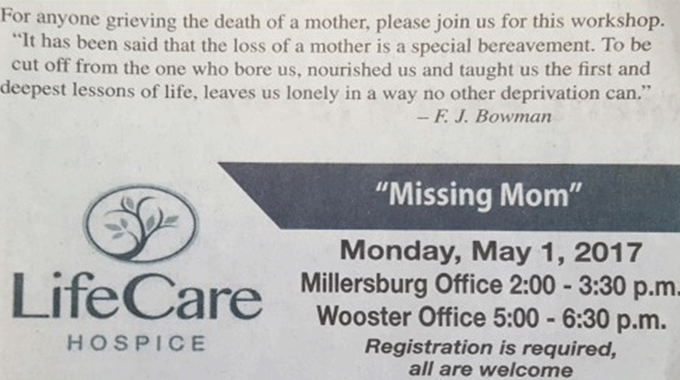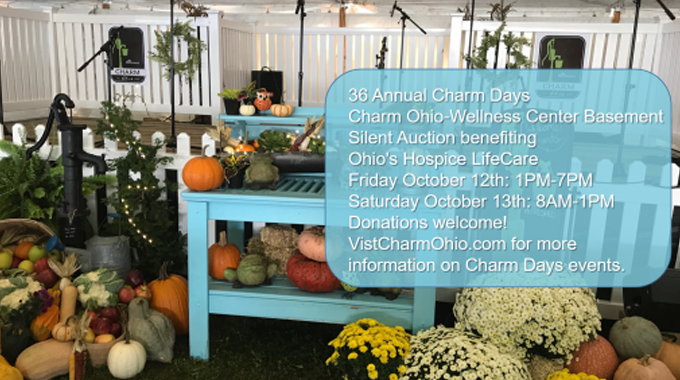
Don’t Wait to Have Important Conversations About End-of-Life Care
It’s an all-too-common situation. A family is at the bedside of a loved one who is seriously ill and nearing the end of life, and each member of the family has a different idea of what should be done and what the patient would have wanted.
Many people wait until they are in the midst of a health care crisis before thinking about what options are available or what care they or their loved ones would have wanted.
Often, by waiting too long to learn about possible options, like hospice care, people end up spending difficult days in the hospital or emergency room and opportunities to be with loved ones at home are lost.
When a family is coping with a serious illness and a cure is no longer possible, hospice provides the type of care most people say they want at the end of life: comfort and dignity. Considered to be the model for high-quality, compassionate care for people with a life-limiting illness, hospice care includes expert medical care, pain management, and emotional and spiritual support. Care is provided by an interdisciplinary team of professionals and trained volunteers, and the wishes of the patient and family are always at the center of care.
Most hospice care is provided in the home—where the majority of Americans have said they would want to be at this time. Care is also provided in nursing homes, assisted living facilities, and hospice care centers. Hospice care is paid for by Medicare, Medicaid and most private insurance plans.
The National Hospice and Palliative Care Organization reports that more than 1.5 million people received care from our nation’s hospices last year.
Hospice providers can help with information about care options and choices and ensure you live as fully as possible throughout your entire life. They will make sure your loved ones receive support as well.
One of the best ways to make sure you and your loved ones benefit fully from hospice, should you ever need this care, is to talk about it before it becomes an issue.
For more information, call Ohio’s Hospice LifeCare at 330-264-4899. You will also find information about the moments that hospice makes possible for patients and families at www.MomentsOfLife.org.



